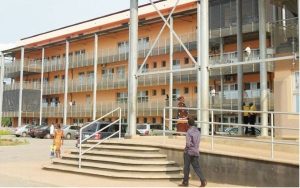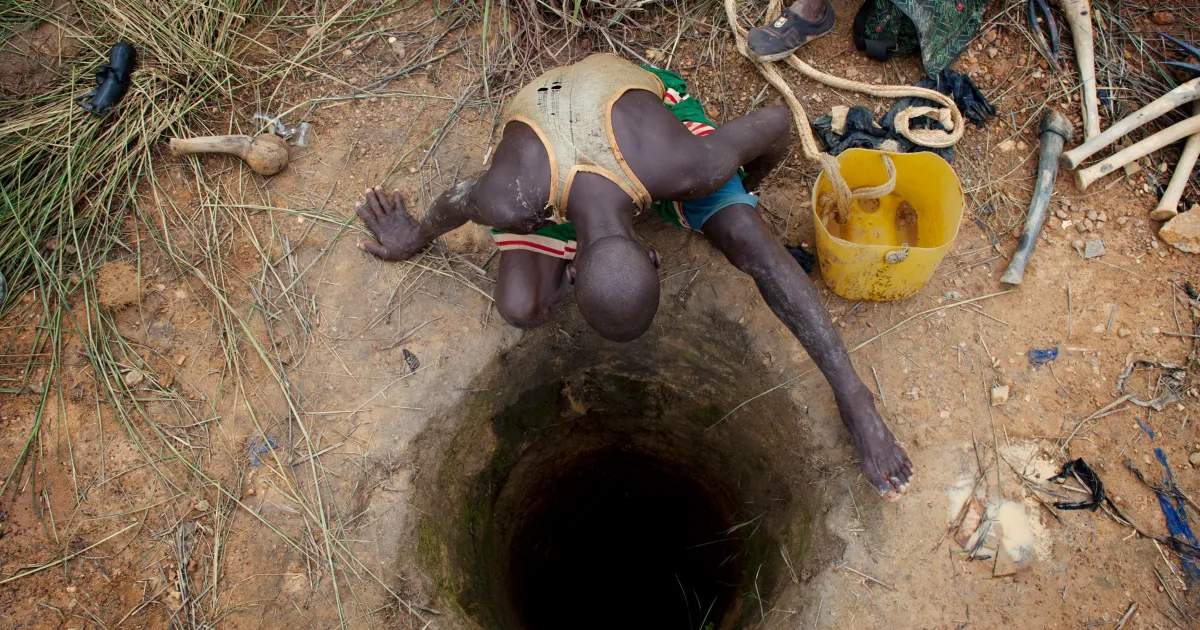More than 70 people have died in southwest Mali after an artisanal gold mine collapsed last week, officials have said, the latest disaster in a region prone to mining accidents.
Karim Bethe, a senior National Geology and Mining Directorate official, shared the details with the media, calling it an accident.
While it was not clear what caused the mine collapse that occurred, the Ministry of Mines said in a statement that it estimated “several” miners had been killed in the Kangaba district in southwestern Koulikoro region.
The ministry said it “deeply regretted” the collapse and urged miners and communities in the area to “comply with safety requirements”.
A spokesperson for the ministry, Baye Coulibaly, also told reporters that the gold panners dug galleries “without complying with the required standards”.
Mali’s government has offered its “deepest condolences to the grieving families and the Malian people”. It also called on “communities living near mining sites and gold miners to scrupulously respect safety requirements and to work only within the perimeters dedicated to gold panning”.
Small-scale, informal artisanal miners are often accused of ignoring safety measures, especially in remote areas, and accidents like these are common in Mali, Africa’s third-largest gold producer.
While Mali’s mining sector is dominated by foreign groups, including Canada’s Barrick Gold and B2Gold, Australia’s Resolute Mining and Britain’s Hummingbird Resources, artisanal mines continue to flourish and attract thousands of gold miners.
According to the International Trade Administration within the US Department of Commerce, “Gold is by far Mali’s most important export, comprising more than 80 per cent of total exports in 2021.
It added that more than two million people, or over 10 per cent of Mali’s population, depend on the mining sector for income.
Mali produced 72.2 tons of gold in 2022 and the metal contributed 25 percent of the national budget, 75 percent of export earnings and 10 percent of gross domestic product.












